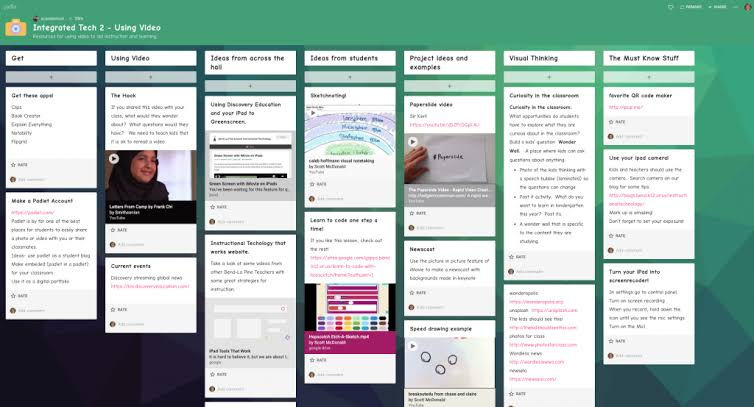Technological advancement... Double-faced protagonist?
- Cyber Crypto

- Feb 18, 2021
- 4 min read
As the world keeps on evolving, mankind has declined what the ancient times dictates and used their intellect to bring technological advancement and reform in this era. For a long period of time, humans took advantage of this progress however, no one wonders to the wanders of this advancement: is this our knight in shining armor or is it a wolf disguised as sheep that is ready to attack anytime.

The average smartphone owner checks their phone almost 100 times throughout the day. On the other side of the door, the horror of ICT dependency knocks. Addiction, Malfunction, Cybercrime/extortion, Cyberbullying are the second face of the ICT persona. Internet Addiction disorder is a serious case that ruins one's life, causing neurological complications psychological disturbances, and social problems. Surveys in the United States and Europe have indicated alarming prevalence rates between 1.5 and 8.2%. There are several reviews addressing the definition, classification, assessment, epidemiology, and co-morbidity of IAD, and some reviews addressing the treatment of IAD. (Cash, Hilarie, et. al). Malfunction of hardware also leads to the destruction of files saved in software, which leads people to breakdown. Teenagers in this advanced and modern world, often are vulnerable to threats and inappropriate sites and/or activities, they tend to be exposed to not unsuitable sites (i.e. Pornography and other malicious and sexual acts) that are alarming.

The Disadvantages/Drawbacks of ICT
1. Education
• Immense expenditures
This is an advanced era of technology where machines like computers substituted the use of paper with its hi-tech features and to maintain them a huge sum of money is required by schools and colleges which can otherwise be spent to buy necessary resources. In addition to it, you have to spend thousands of dollars to update the out-dated software which is incompatible with present technology.
• Transforming learners into inefficient learners.
Very difficult to find the word “diligent” in learners nowadays as most of the lessons can be easily accessible to them online through different websites on their computers which are making them inattentive in classrooms or making the mote skip schools frequently. Relying completely on computers is creating poor studying habits.
• Waste of valuable time.
There are lots of problems like server error and connectivity problems which take oodles of time to troubleshoot, therefore, hindering the learning process which can sometimes be a matter of frustration both for the learners and the educators. Wastage of time because of unnecessary issues is not at all advisable in schools or any learning institutes where every second is valuable for the learners.

• Creating enough room for cheating.
The mechanized world is making you more and more lazy giving all the powers to control everything with a click of a mouse. Cheating is an illegal activity but technology made it more powerful and easy to use with its powerful wings. It has really become very tough to control this activity, especially in the examination environment. Smartphones are available with all its advanced features and instant internet accessibility which compel them to use it without any hassles.
2. Lack of Job Security
One of the largest negative effects of ICT can be the loss of a person’s job. This has both economic consequences, loss of income, and social consequences, loss of status and self-esteem. Job losses may occur for several reasons, including Manual operations being replaced by automation. Robots replacing people on an assembly line.
3. Overriding Culture
While ICT may have made the world a global village, it has also contributed to one culture consuming another weaker one. For example, it is now argued that teenagers in the US influence how most young teenagers all over the world now act, dress, and behave
4. Privacy
Though information technology may have made communication quicker, easier, and more convenient, it has also brought along privacy issues. From cell phone signal interceptions to e-mail hacking, people are now worried about their once private information becoming public knowledge. When you use the internet, personal information can be stolen by many people. When you put things out online such as your name, credit card number, and where you live, these things are at risk of being used by other people

5. Reliance on Technology
Professor Ian Robertson, a neuropsychology expert based at Trinity College Dublin who carried out the study, said: “People have more to remember these days, and they are relying on technology for their memory but the less you use of your memory, the poorer it becomes. . people don’t bother learning to spell because they use spell-checker, or need a calculator do perform minor addition or subtraction.
6. Reliability of Information
Anyone with access to a computer and an internet connection internet can start a blog or post something up on a website, so just because something’s on the web doesn't mean it’s reliable. A prime example of this is the open-source encyclopedia, Wikipedia, although considered a good source of information it is not recognized by academic institutions as a trustworthy reference. Many websites come with wrong information that has been copied and pasted from other sources without checking its authenticity. Thus the learners are misguided by the wrong pieces of information available on the websites. These things can perhaps become serious obstacles in their development.
7. Major sources of distractions
As you know that in the present generation social networking sites are literally ruling the world with its attractive innovations therefore students and learners are busy checking their posts and updates, counting the number of likes, checking the status that they themselves or any of their near and dear ones updated engage in commenting on social sites, etc. all these activities create a huge distance between them and their education.

Technology clearly has both pros and cons when used in the classroom, but the bottom line is this: We are living in a digital world, and students are interacting with technology, and possibly even bringing it with them to school, on a daily basis. The benefits of using technology in the classroom are far-reaching and need to be embraced by modern educators who seek to prepare students for adult life.
Technology certainly makes life better, but it can also be a hindrance to our daily routines. Modern technology can be addictive. We have come to a point where we rely on technology sometimes more than our own ingenuity. ICT makes one wonder is it an angel in disguise? A fake protagonist? We'll never know.

Sources:







Comments